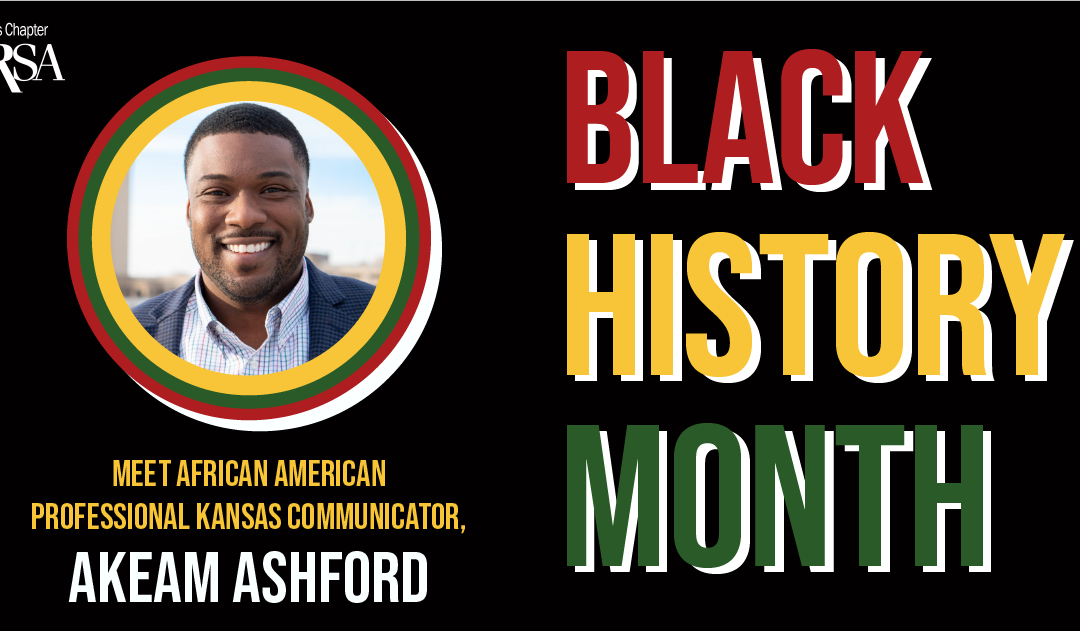
Black History Month: Akeam Ashford
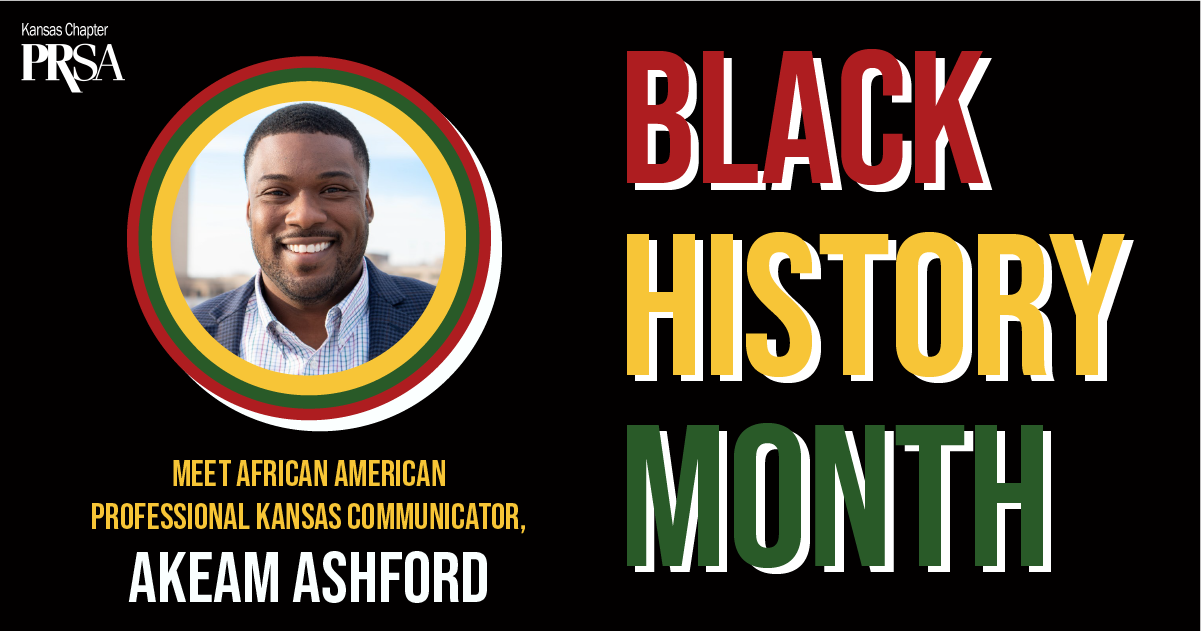
Meet Akeam Ashford
Professional Kansas Communicator
1. How many years have you given to the communication field?
14 years
2. What motivated you to become a professional communicator/journalist? What are you most proud of?
I was bullied as a kid. Family and close friends introduced me to Julius Hunter, he’s a former journalist with KSDK in Saint Louis, Missouri. I finally saw someone on TV in a prominent role who looked and sounded like me. That’s when I decided I wasn’t different, and could make a living with my talents. I’m most proud of my work in PR because it allowed me to tell the stories of people, and help find solutions for others.
3. How has your work in the communication field been inspiring and/or informative for you?
As a journalist/PR professional, I get to question those in power and ask them questions to get at the reason why things happen and why they make the decisions they do. Journalism is the one true profession where you can learn about so many different industries and meet as many people as you’d like.
4. What advice or insight would you like to share with other aspiring communicators?
I encourage journalist today to continue to ask the tough questions, push the envelope, and use your voice for good. Journalism is hard and can take over your life. Allow it to become part of the fabric of who you are, and tell the stories nobody wants to tell anymore.
5. Please also share about your current role. Feel free to share any ways the general public could support or become involved with your business, organization or causes.
I currently serve as the director of strategic communication for Sedgwick County. It’s a “big boy” job, that I never thought I would be able to reach as a Black Man. There are people who used to sit in my role who talked down on me, made every intention to make sure I didn’t succeed. I first give all the glory to God, then my family, and the friends I’ve made in Wichita. This community is truly magical, and uplifting. There are so many wonderful people who contribute to our community – I’m just lucky to be one of many who get to call this place home and shape the future of our region. I’m so happy to be in this role, and to serve as the first black president of PRSA Kansas!
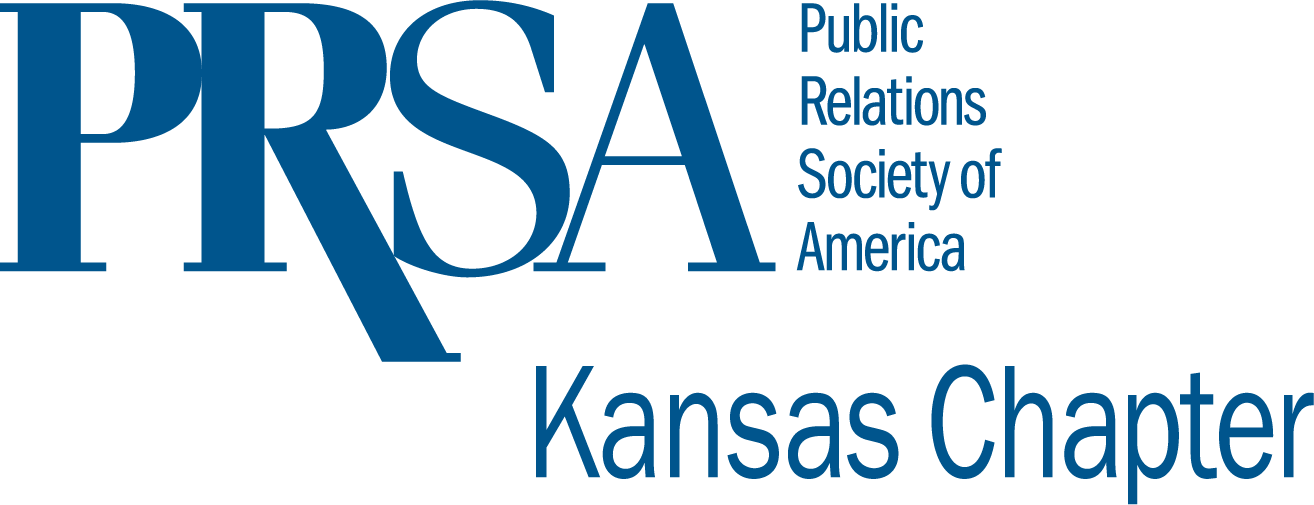
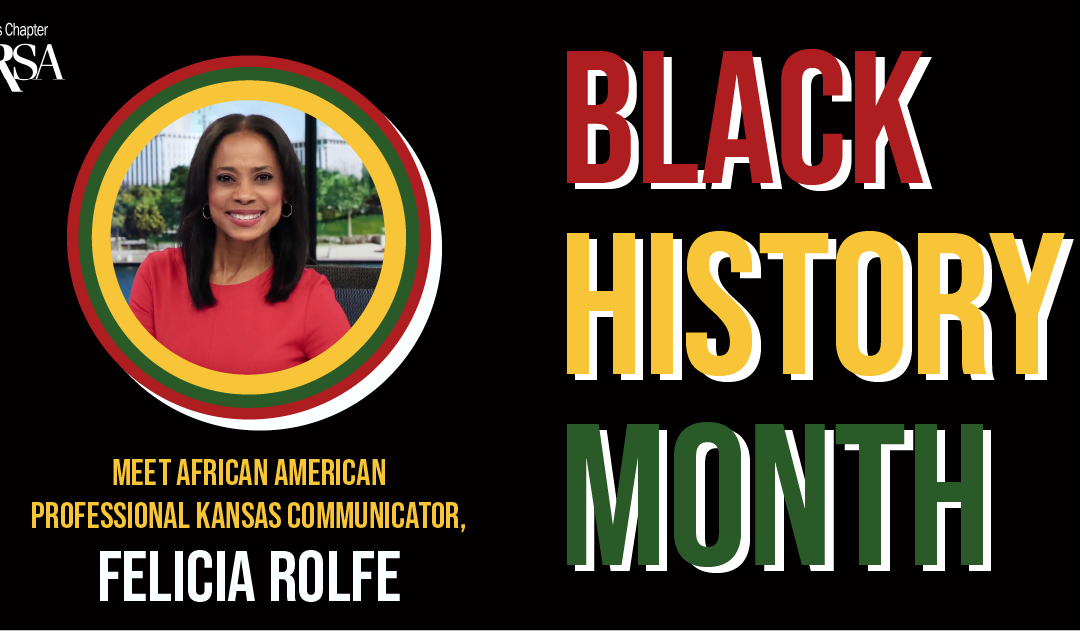
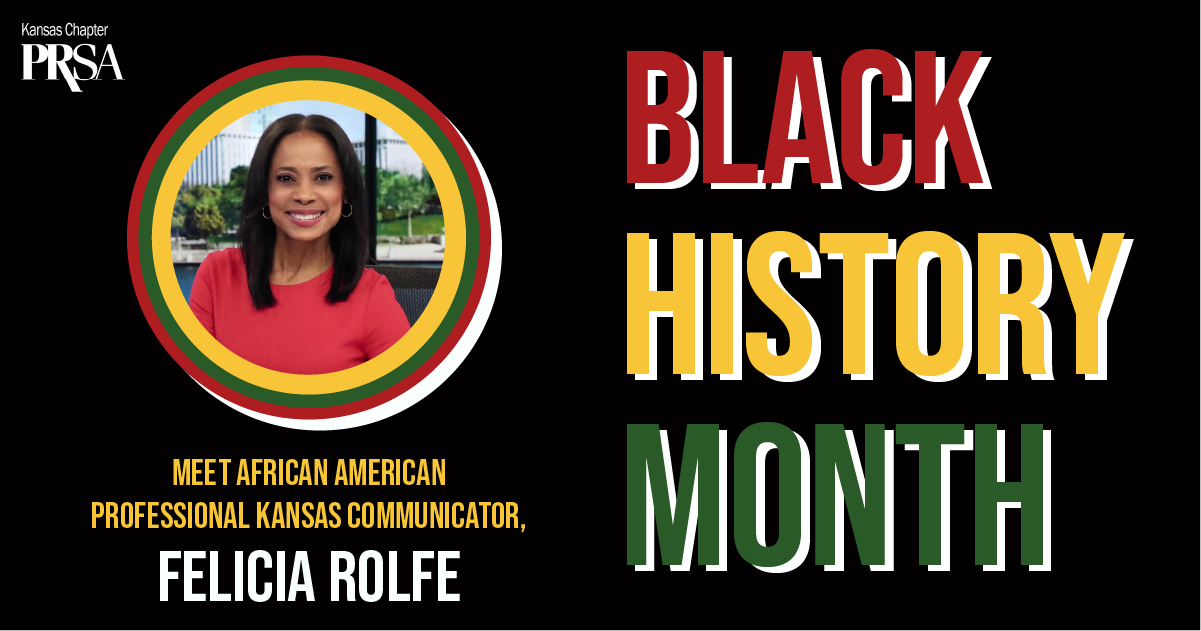
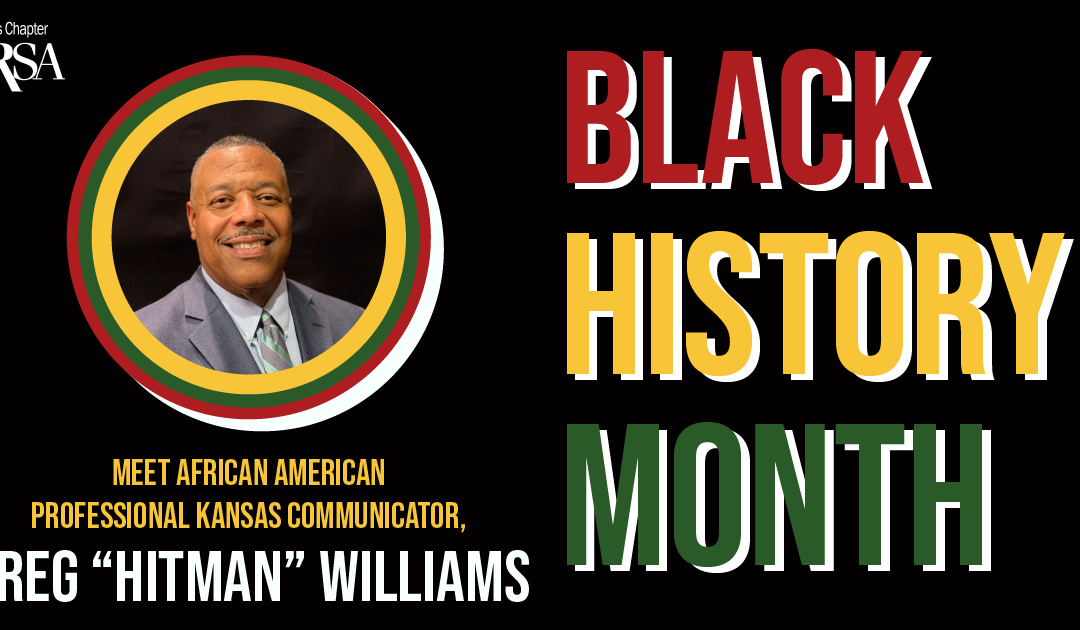
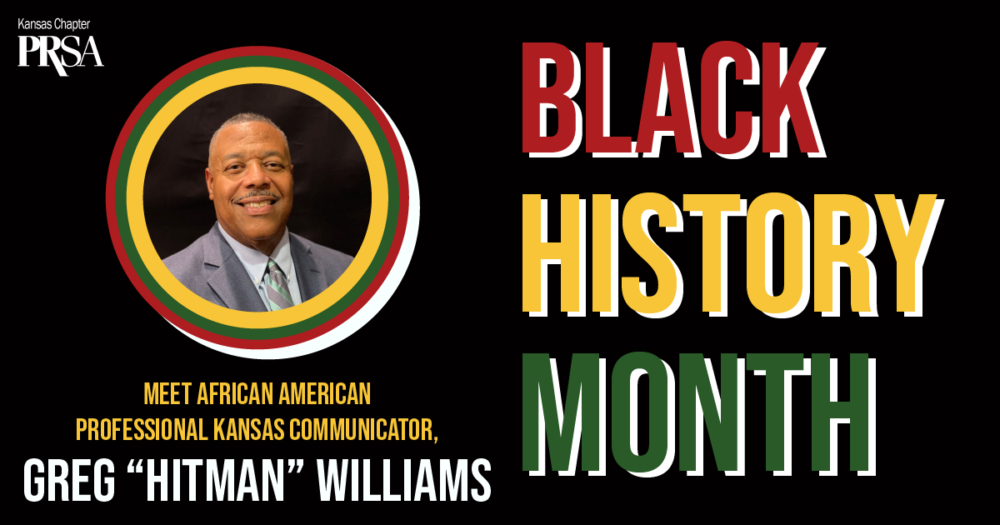
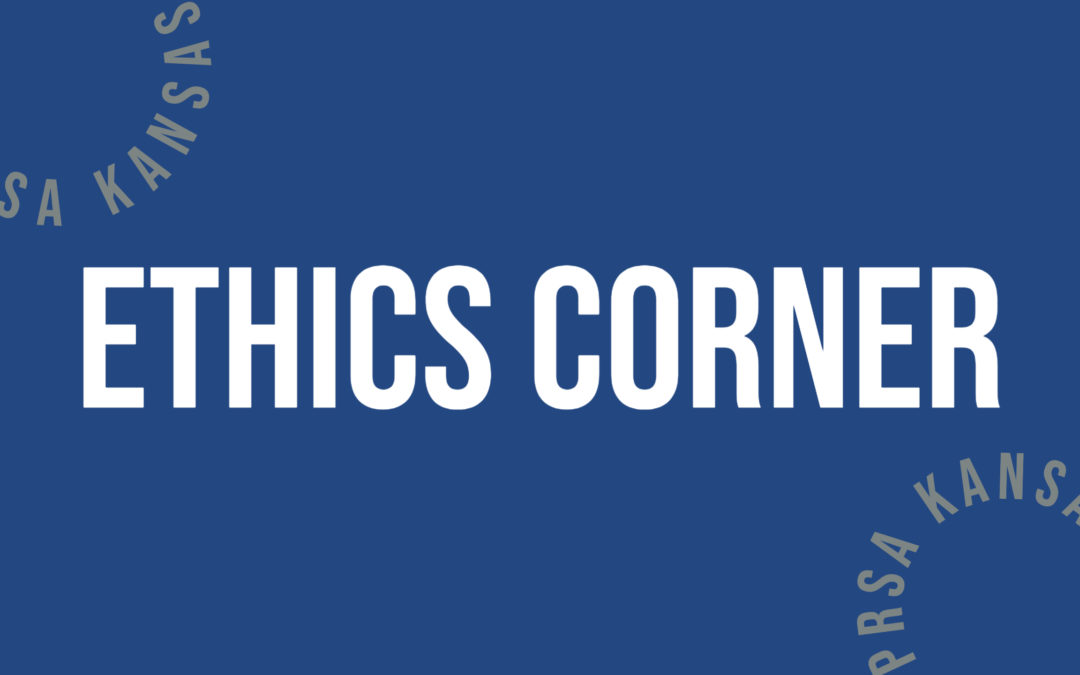
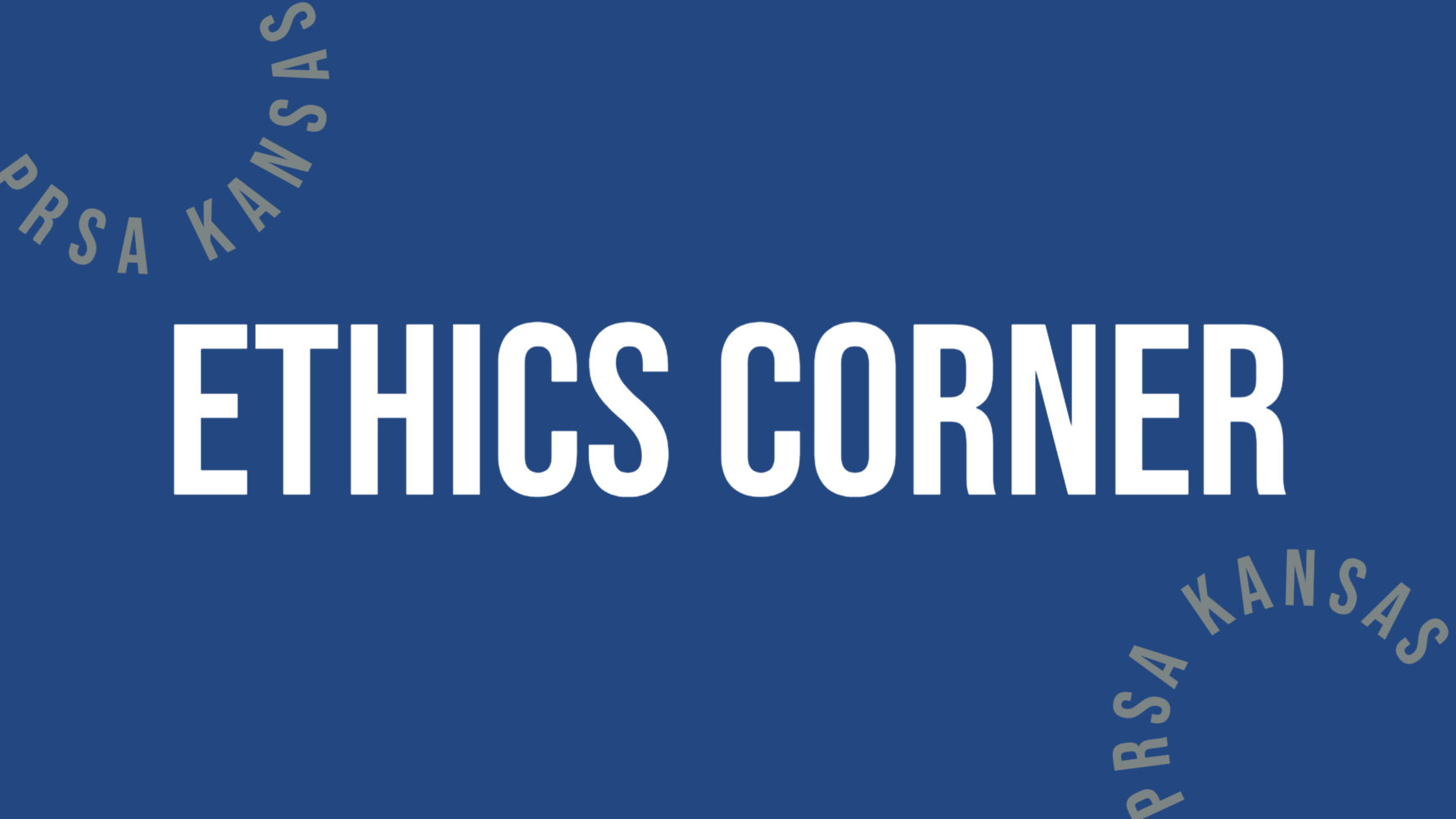
Recent Comments